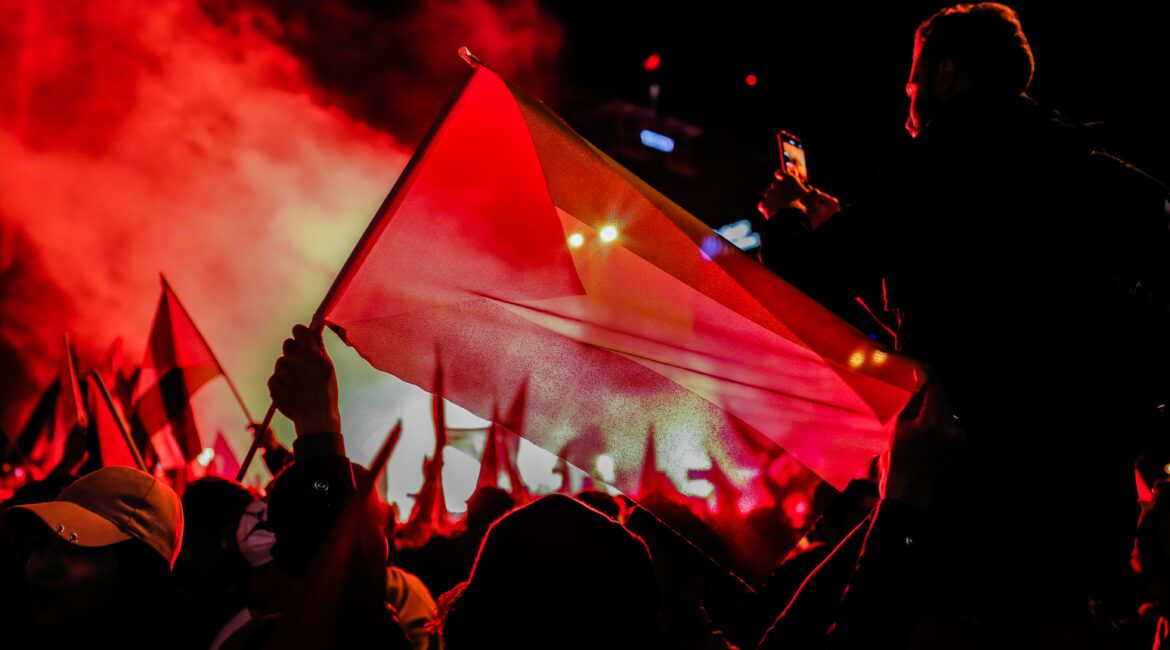Situation Overview
Since the ceasefire entered into effect on 21 May, no major incidents have been reported. During the conflict, one Palestinian was killed in East Jerusalem, four in the West Bank, 66 in Gaza Strip and two Israeli children in Israel. The number of injured is much higher. A total of 60 in East Jerusalem, 276 in West Bank, 610 in Gaza Strip and 60 Israeli children were injured by concussion grenades, ammunition, tear gas and rubber-coated bullets during the conflict. 76 children were reported arrested in East Jerusalem.
There are an estimated 8500 internally displaced people (IDPs) in the Gaza Strip.
In the West Bank, including East Jerusalem, tensions remain high, with the possibility of the forced evacuation of Palestinian families from Silwan, Jarah and other neighborhoods. A decision to forcibly evacuate 29 Palestinian families, including 37 children, has been temporarily postponed by Israel's High Court.
A key challenge in the West Bank, including East Jerusalem, is the closure of village entrances, checkpoints, demonstrations and clashes. The EREZ crossing is open only to medical emergencies, including cancer patients, restricting Palestinian access to Gaza. The KEREM SHALOM Pass only allows access to humanitarian products, such as medical supplies. Other imports have restricted access. Humanitarian access to Gaza remains a concern, given the low availability of necessary commodities. During the conflict, 10 hospitals were damaged, 22 primary care institutions were partially damaged and one completely destroyed.
The conflict has also caused an increase in COVID-19 infections in the Gaza Strip, disrupting the population's testing and vaccination against the virus. In May 2021, the Gaza Strip registered 7741 positive cases, and at the beginning of June 1872 new cases were registered in Palestine, of which 1644 in the Gaza Strip. The COVID-19 vaccination program was resumed, and the health authorities supplemented the vaccination centers. Thus, there are 25 vaccination centers in Gaza, nine of which are operated by UNRWA. Vaccination centers have also been opened in Jenin, Tulkarm and Nablus governorates, areas in the northern part of the West Bank. To date, 373,000 Palestinians are vaccinated (about 7% of the Palestinian population).
Wash - Water, Sanitation and Hygiene
As the conflict escalated, UNICEF and its partners initiated urgent repair and maintenance of water supply structures in the Gaza Strip, which enabled the Palestinian Authority for Water (PWA) and the Coastal Municipal Water Facility (CMWU) to provide minimum drinking water distribution and sanitation services. UNICEF has distributed about 200,000 liters of fuel to extend the hours of water supply from 8 to 12 hours and wastewater treatment plants in the Gaza Strip. UNICEF coordinated and supported the WASH cluster in evaluating more than 310 WASH infrastructures, and the results of the analysis will form the basis for the restoration and expansion of WASH services in the Gaza Strip.
Health
With UNICEF support, another 72,000 doses of AstraZeneca vaccine were delivered on June 1, in addition to the 120,000 doses delivered on May 25. At the same time, UNICEF distributes emergency supplies in the Gaza Strip, delivering materials needed for critical interventions in seven hospitals in the Gaza Strip.
In the next period, UNICEF will undertake essential repairs to damaged hospitals and health centers, as well as the distribution of essential medicines.
Education
Approximately 1,000 teenagers were mobilized to rebuild communities in the Gaza Strip, including providing support to internally displaced persons. With the help of a local partner, UNICEF provided psychosocial support to 3,000 children. The evaluation and data collection of 141 schools in Palestine was also completed. UNICEF will focus on providing learning materials, supporting learning and recreation programs and restoring education services before the start of the new school year.
Conclusion
Following the conflict, the need for immediate humanitarian assistance, especially in the Gaza Strip, has reached its peak. It is necessary for the help to reach the people who need it most, children being at the forefront. UNICEF also called for children to be protected from all forms of violence, including the search for alternatives to their detention. At this time, a long-term peace period is essential so that damaged infrastructure (schools, electricity and water) can be repaired.

